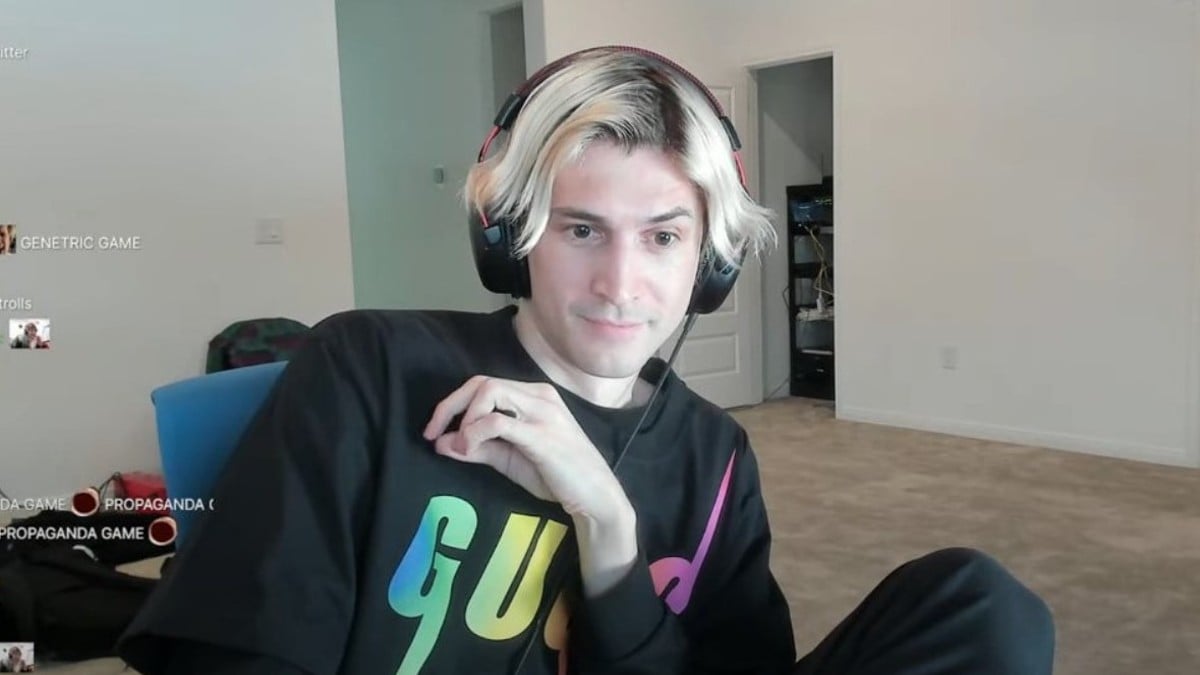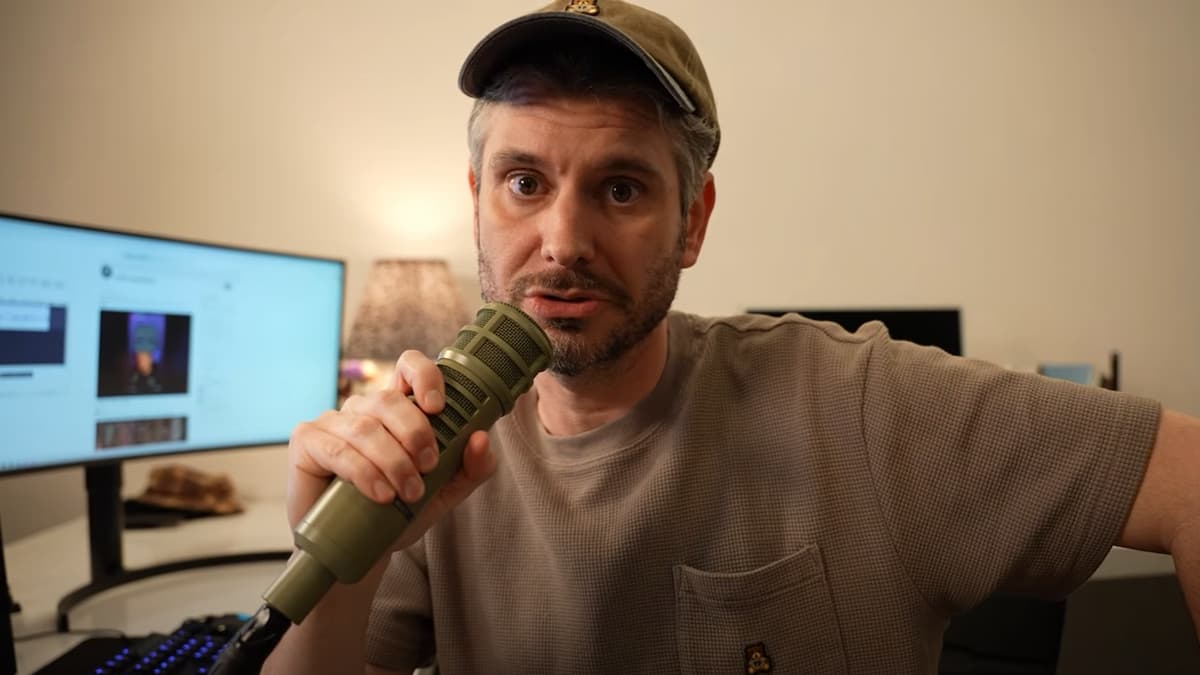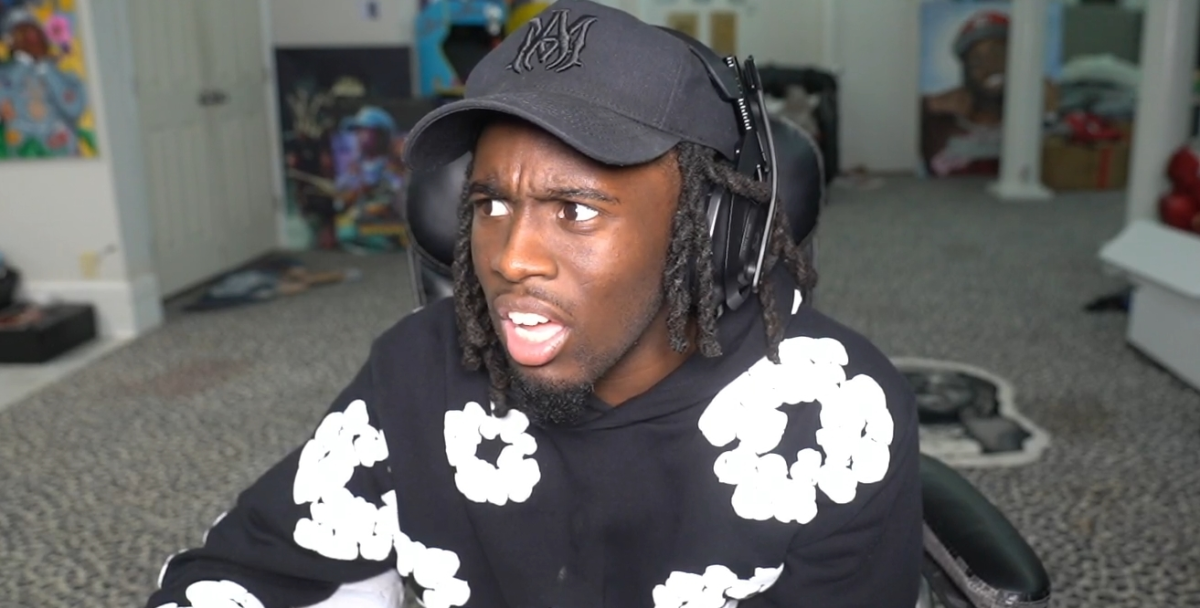After extreme backlash, recent changes to Twitch’s content policy have been reversed.
The platform’s updated Terms of Service released on Dec. 13 resulted in an onslaught of NSFW content, with creators openly pushing the boundaries of nude content. In an announcement on Dec. 15, Twitch apologized for its actions.

As a streaming service, Twitch has a history of grappling with content guidelines, especially regarding content from artists. In its Dec. 15 announcement, the platform clarified that the previous controversial changes were intended to improve the streaming experience for artists following years of feedback that its “content policies were limiting.”
The company claims to have intended to “be responsive to these requests and allow the thriving artists community on Twitch to utilize the human form in their art,” apparently not predicting the extreme inundation of sexual content on the platform.
However well-intentioned, the changes opened the floodgates for any and all animated nudity. Many streamers also immediately pushed past this to broadcast content that was clearly pornographic in nature.
Community backlash was immediate, with users making criticisms such as “you let 13 year olds use your platform and are now gonna let softcore porn roam freely” and “the sexual themed streams need to go. Period. They shouldn’t belong on Twitch.” The lower age limit for signing up to Twitch is 13 years old, but streams can be viewed without creating an account.
Importantly, in the Terms of Service reversal, Twitch also addressed the incredibly concerning influence of AI on art, noting that “AI can be used to create realistic images, and it can be hard to distinguish between digital art and photography.” This is likely referring to the surge in Twitch streamers using AI filters that create the illusion of nude breasts in their content.
The rollback of the recent changes has mostly received widespread praise. But some are questioning how Twitch can claim to have not predicted this issue arising, as said in its Dec. 15 update. Previously, the platform came under fire for the “hot tub meta,” where often sexually-natured streams of women in hot tubs became extremely popular. Some users have complained that this issue remains unsolved and has not been addressed in the recent controversy.
It is unclear how Twitch will force creators to stop producing the now re-banned content. Opening the floodgates is far easier than closing them, and it may be an uphill struggle for the platform.











Published: Dec 15, 2023 5:45 PM UTC